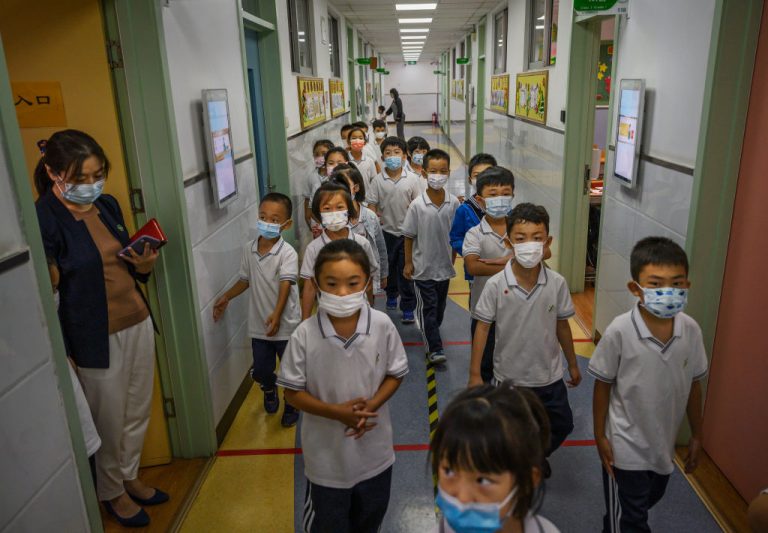On Monday, Aug. 30 Beijing announced that written exams for six and seven year olds — students in first and second grade — will no longer be conducted as part of sweeping new reforms aimed at relieving pressure on students and their parents in China’s extremely competitive school system.
The education ministry in China said in a statement that the pressure associated with exams is harming the “physical and mental health” of pupils.
Previously, China required all students to write exams from first grade onward, culminating in the notoriously competitive university entrance examinations at the age of 18.
In the statement the ministry said, “Exams are a necessary part of school education…. [but] some schools have problems like excessive exams, that cause excessive burden on students…this must be corrected.” the BBC reported.
The new rules also limit the number of tests and exams a school can set per term for all other grades.
Success
You are now signed up for our newsletter
Success
Check your email to complete sign up
While first and second grades no longer have to sit and write exams, other grades are seeing reforms as well. Exams are being limited to mid-term and final year exams for junior high students and localities are no longer allowed to organize regional or inter-school exams for all primary school grades.
“Non-graduating junior high students are also not allowed to organise weekly tests, unit exams, monthly exams etc. Examinations disguised under various names like academic research are also not allowed.” the statement read.
Reactions by Chinese citizens on Weibo were mixed with some saying that the new reforms were a step in the right direction while others pondered how schools will test and measure students’ abilities without exams.
The new guidelines come at a time when Beijing has been paying close attention to the education experience of the country’s students and have been releasing vague guidelines to address what it sees as priority issues.
One guideline reads, “Students who can’t finish their written homework after hard work shall go to bed on time.”
While another reads, “Online tutoring should pay attention to protecting students’ eyesight. Each class hour should not exceed 30 minutes, the course interval should not be less than 10 minutes, and the tutoring shall end no later than 9:00 p.m.”
Homework for first graders has also been banned this year and a limitation on homework for junior high students has been implemented. Junior high students are not to be allotted anymore than 1.5 hours of homework a night, according to an AFP report.














